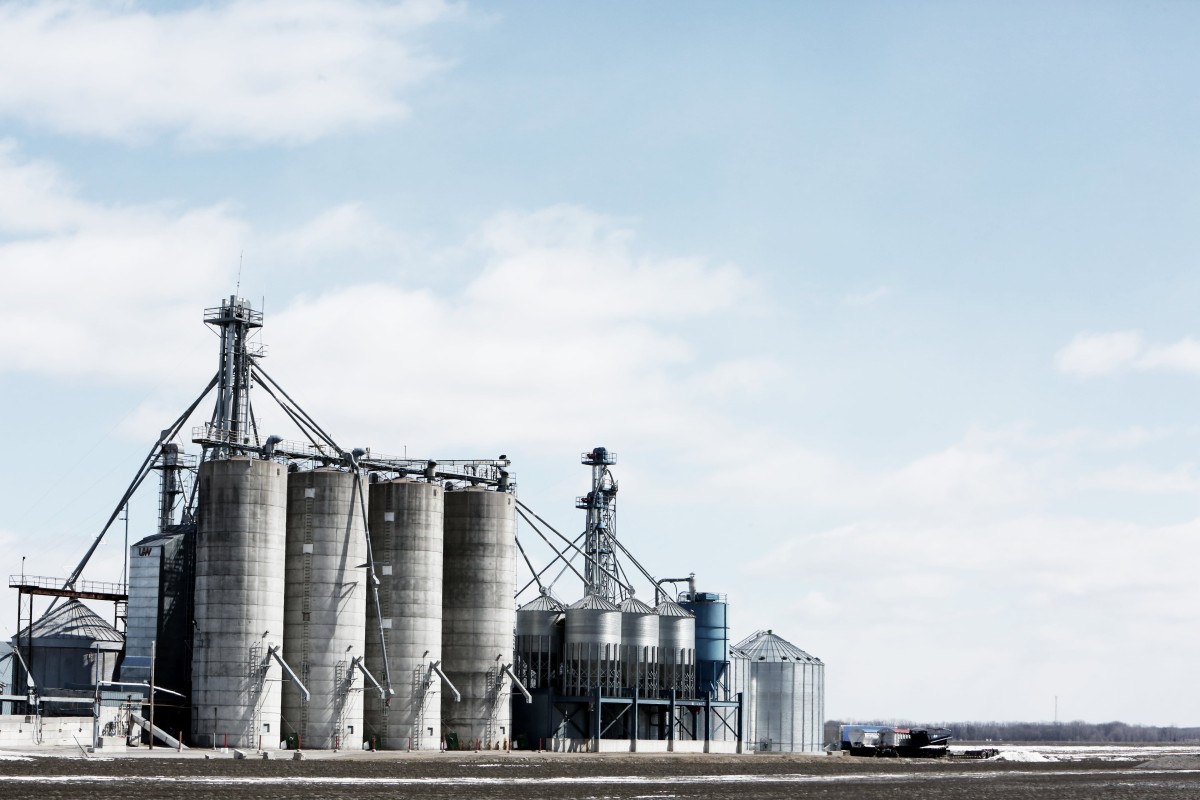
At a time when the energy crisis is looming over Europe, Portugal, France and Spain have made history. The three European countries have agreed on what is known as a green energy corridor, which will supply the European space with natural gas and also green hydrogen. We have all the latest news on the gas supply in Europe, as Portugal, Spain and France reach this historic EU energy corridor agreement to combat the energy crisis.
The idea will be to speed up Iberian interconnections, abandoning the existing project, destined only for gas, for another that foresees a maritime gas pipeline to transport green hydrogen as well. This is exactly what the head of the Spanish government, Pedro Sánchez, explained: "We have reached an agreement - the three governments - to subsist the MindCat project for a new project, which will be called a green energy corridor, which will link the Iberian Peninsula to France and, therefore, to the European energy market, through the Barcelona and Marseille alternative, creating a 'pipeline' for green hydrogen and also, during the transition, for gas [...] between Barcelona and Marseille".
The agreement on the energy corridor reached on Thursday 20th October is the result of "many months of intense work between the governments of France, Portugal and Spain", Pedro Sánchez stressed. According to the head of the Spanish government, the green light was possible after the fulfilment of "three premises" on the interconnections that should:
- also be electric (in addition to gas and green hydrogen);
- be aligned with the ecological transition
- and respond to calls for solidarity at a time when the European Union (EU) fears a shortage of gas this winter.
But there are still "details to be worked out, from a technical point of view," said Portuguese Prime Minister António Costa, such as deadlines for investment, the distribution of costs and the volume of economic resources that will have to be allocated, including funding that the European Commission may allocate to the project.
On this point, French President Emmanuel Macron argued that the new energy corridor should obtain European funding. "What we did this morning is an important point of European solidarity and in December I will go to Spain to finalise this project, which has a vocation to benefit from European funding," assured Macron. To define these details of the green energy corridor, the leaders of the three countries will meet on the sidelines of the Euromed (Euro-Mediterranean) Partnership, which takes place on 8th and 9th December in the Spanish city of Alicante.
The President of Portugal, Marcelo Rebelo de Sousa, added that this project is also "very useful for Europe, for central Europe, for northern Europe, which urgently need, with winter approaching, an alternative solution" to the gas supplied by Russia.
German Chancellor Olaf Scholz has also praised the agreement. "It is a major breakthrough that there will be a pipeline to France from the Iberian Peninsula," Scholz said at the end of a summit of European Union (EU) heads of government and state in Brussels. The German leader said he was "very happy" that "after many years" of talks, "a good result" had been achieved.
Energy Corridor: a story of more than ten years
António Costa considers that "one of the oldest blockages in Europe has been overcome and it is a good contribution that Portugal and Spain are making to Europe as a whole, showing how, by overcoming blockages, it is possible to help the spirit of common solidarity", at a time when the energy crisis is devastating Europe.
This is because energy interconnections between the Iberian Peninsula and the rest of Europe have been of debate since 2009, under former Prime Minister José Sócrates, then with the strengthening between Portugal and Spain, with - in 2015 - the then President of the European Commission, José Manuel Durão Barroso, advocating its implementation in order to reduce energy dependence on Russia.
In March 2015, Barroso's successor at the head of the European executive Jean-Claude Juncker, met in Madrid with former French President François Hollande, former Spanish Prime Minister Mariano Rajoy, and the then head of the Portuguese government Pedro Passos Coelho, to agree on modalities to strengthen the Iberian Peninsula's connections to the rest of the EU energy market.
It should be noted that the green energy corridor project approved this Thursday is different from the original: the existing project - MindCat - designed only for gas, has been abandoned for the new one that foresees the European interconnection of natural gas, green hydrogen and even electric energy.